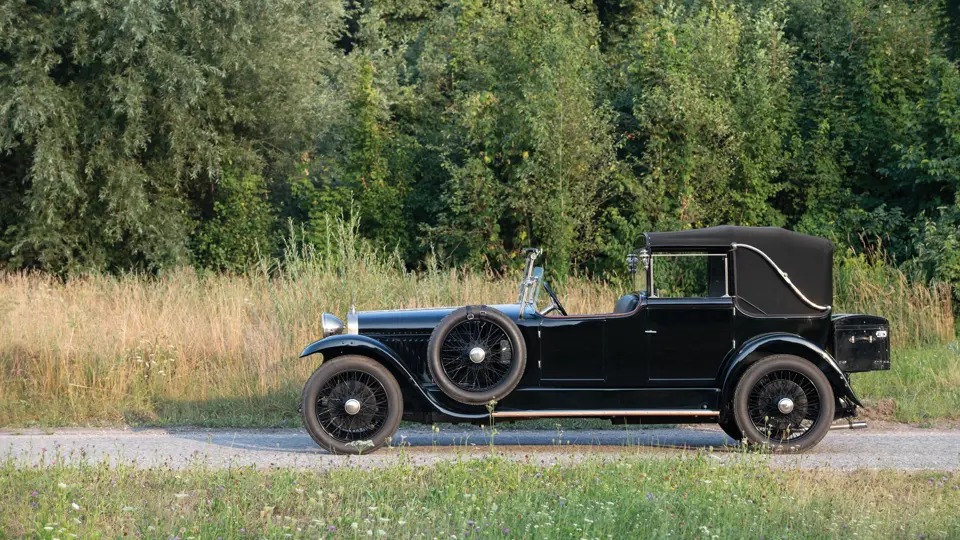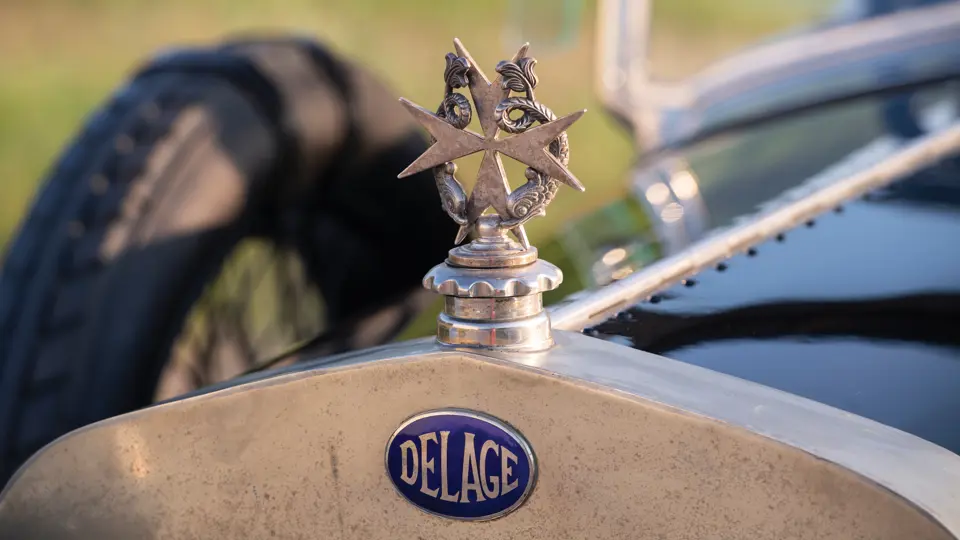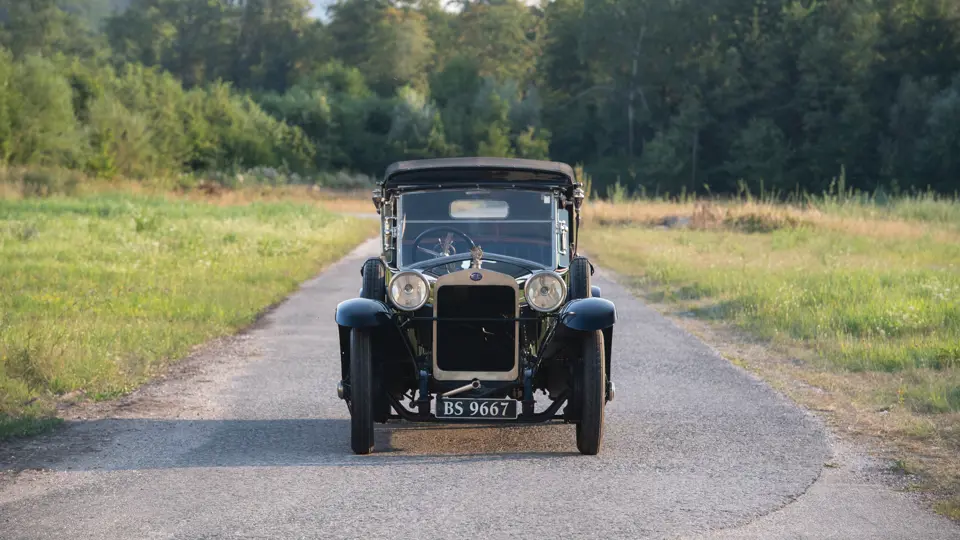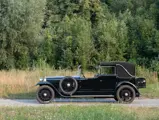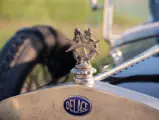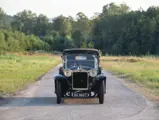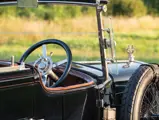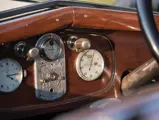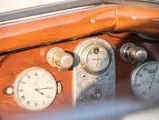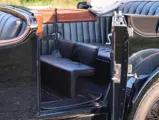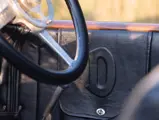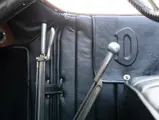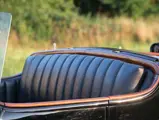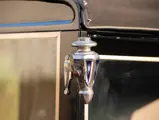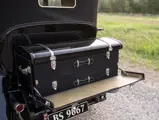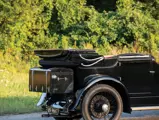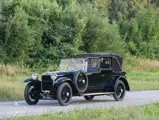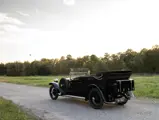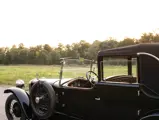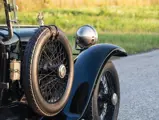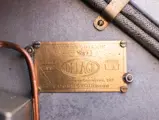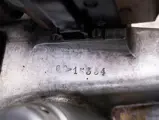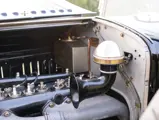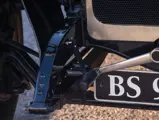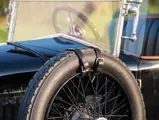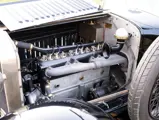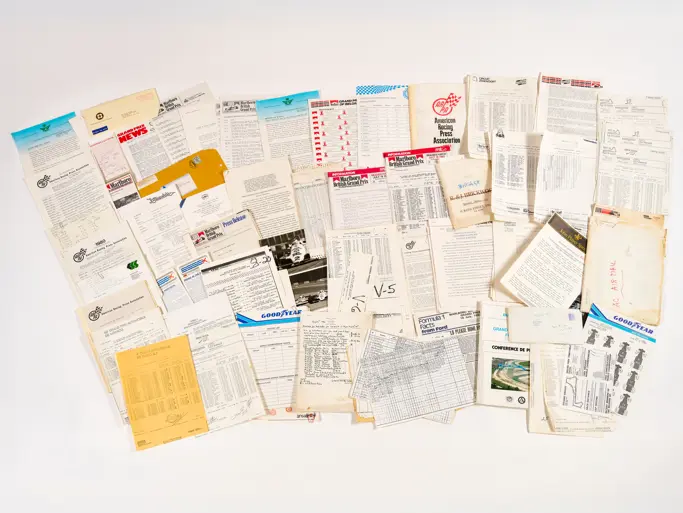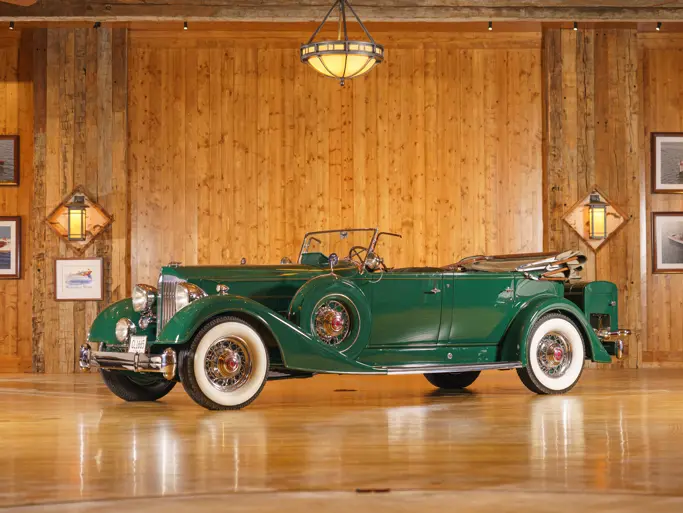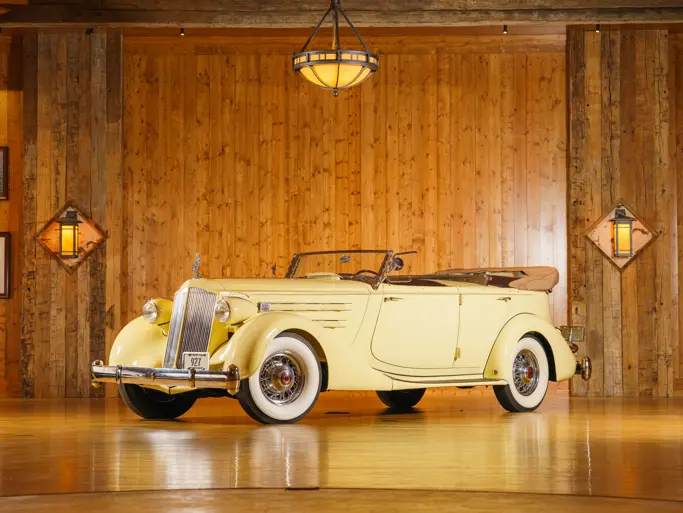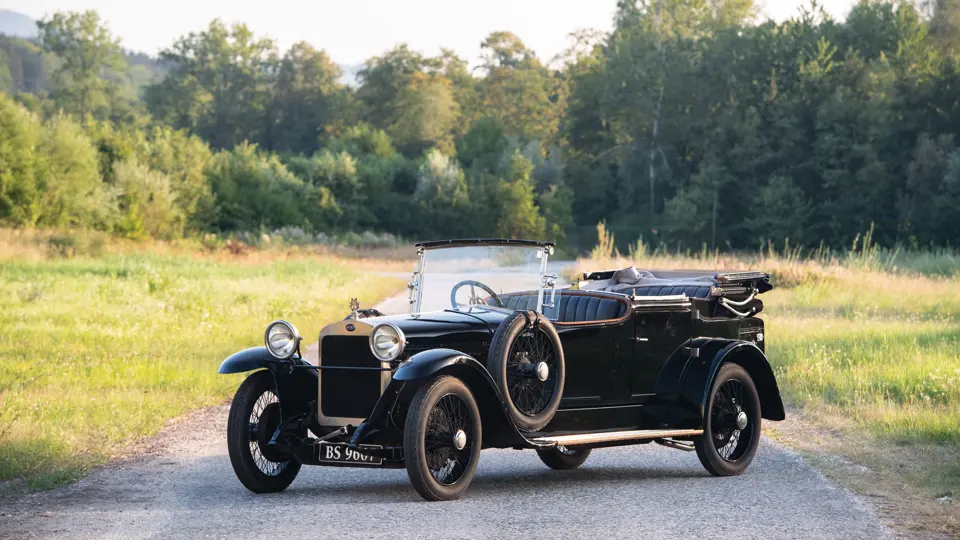
1920 Delage CO 4½-Litre Salamanca
{{lr.item.text}}
£120,000 - £150,000 GBP | Not Sold
The Weird & Wonderful Collection
{{bidding.lot.reserveStatusFormatted}}
- Shown at the 2016 Concorso d’Eleganza Villa d’Este
- Delage’s first post-World War I vehicle
- Unique Salamanca coachwork
- Restored in the early 1990s
French engineer Louis Delâge entered the automobile industry after accepting an offer to join upstart automaker Renault in Paris. It did not take long for Delâge to realize the potential of starting his own brand. Thus, just a couple of years later, he took out a hefty loan and started Delage Automobile Company from a barn in Levallois in suburban Paris.
The gamble paid off, but not until Delâge’s cars proved themselves in motor racing both in Europe and in North America. After the Great War, Delage began to develop larger cars. The company’s CO model was planned prior to the outbreak of hostilities, but the company’s assembly plant was converted primarily to munitions use. Accordingly, Delage built only occasional military-bound vehicles through 1918. After the war, the CO was finally born, its 4½-litre, six-cylinder emerging from a new assembly plant at Courbevoie-sur-Seine on the opposite side of the river.
The Delage CO had the distinction of being the first car fitted with front-wheel disc brakes, a testament to the company’s racing prowess. Its 72-hp output did not sound extraordinary, except that it arrived at a low 2,400 rpm and thus made the CO both a formidable performance car and a stately touring machine.
With its Salamanca-style coachwork, the third-series Delage CO 4½-Litre offered here falls in the latter use category. Its rear compartment features a folding top for open touring configuration. Alternatively, its rear compartment could be kept enclosed for more privacy or for inclement weather. This Salamanca-style coachwork was favoured and popularized by Rolls-Royce agent Don Carlos de Salamanca, a Spanish Marquis who won the 1913 Spanish Grand Prix.
This particular car was delivered new to the U.S., a clear indicator of Delage’s global reach after just a decade and a half of operation. When the car was sold in 1991 to noted British collector Jack Tattersal, it was treated to the exhaustive restoration it wears with pride today. Most notably, it was shown at the 2016 Concorso d’Eleganza Villa d’Este. Outside, its black paint is offset with a delicate gold pinstripe. Marchal headlights point the way forward, and intricately detailed period carriage lights adorn its windshield.
Inside, glossy woodwork surrounds its Swiss-made Jaeger gauges, including an eight-day clock. The front bench is upholstered in black leather in a simple pattern. A more adorned design covers the rear bench, which features combination footrest and occasional use seats for long-distance touring. A period St Christopher medallion is attached to its dashboard. Map pockets emblazoned with the letter ‘D’ in the front doors provide extra storage for the car’s driver while on the go.
The Salamanca-style coachwork includes a black fabric top that shows little wear when erected and stows away for sunny, warm days.
Under its hood, the Delage’s 4½-litre engine features Zenith carburetion and appears unmodified. The Delage shows some signs of use in its nickel-plated surfaces, but surely that would have made Louis Delâge happy.




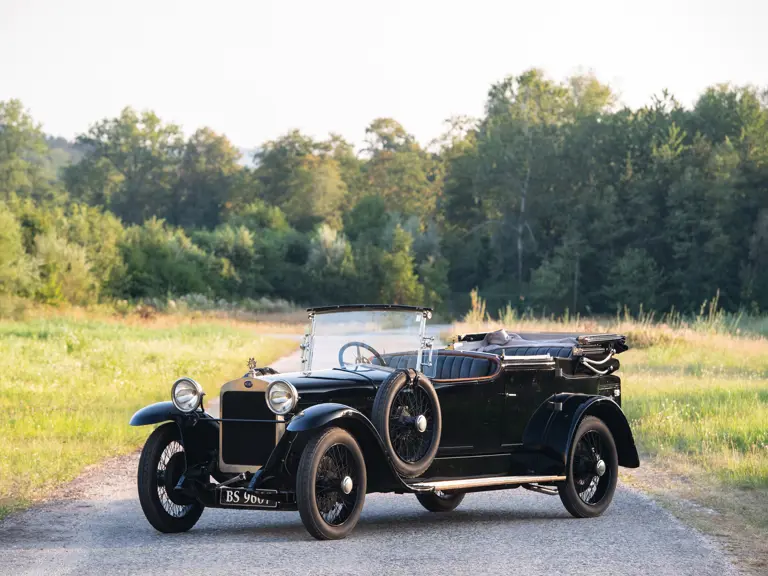
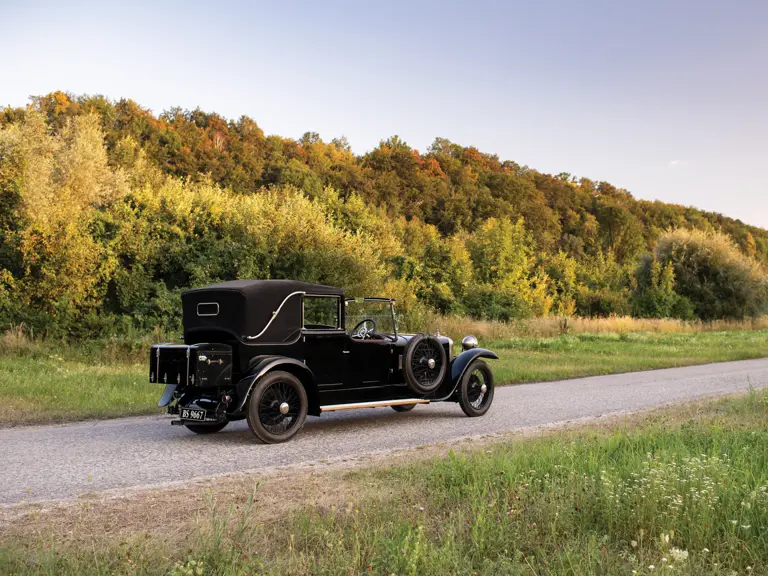
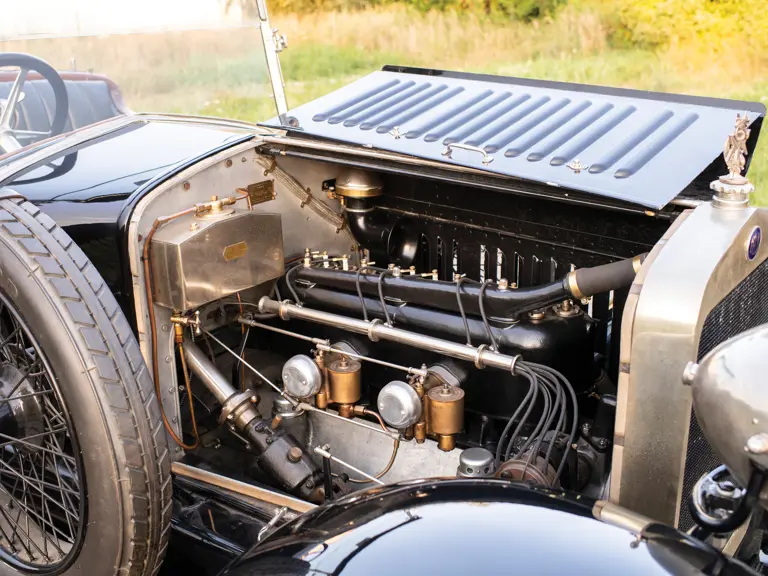
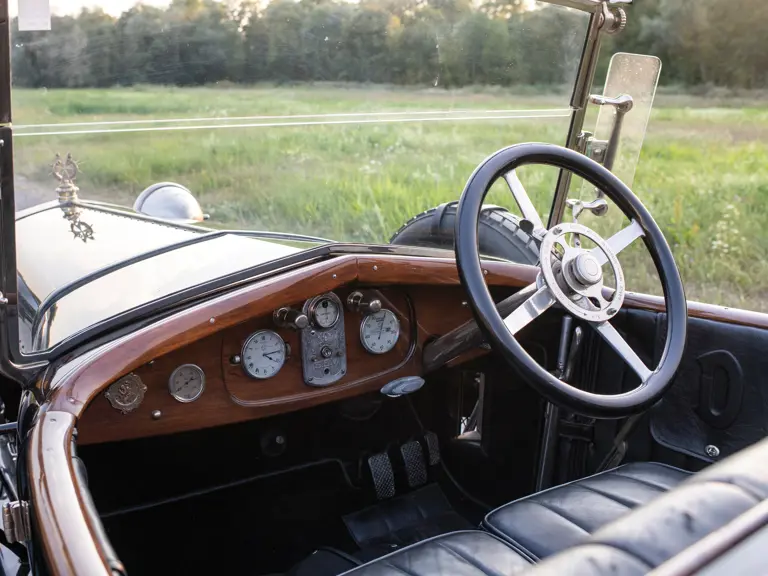
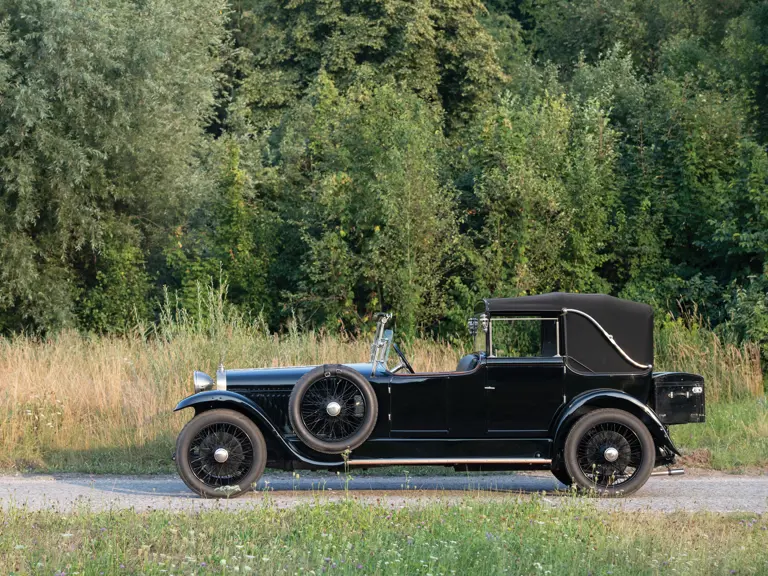
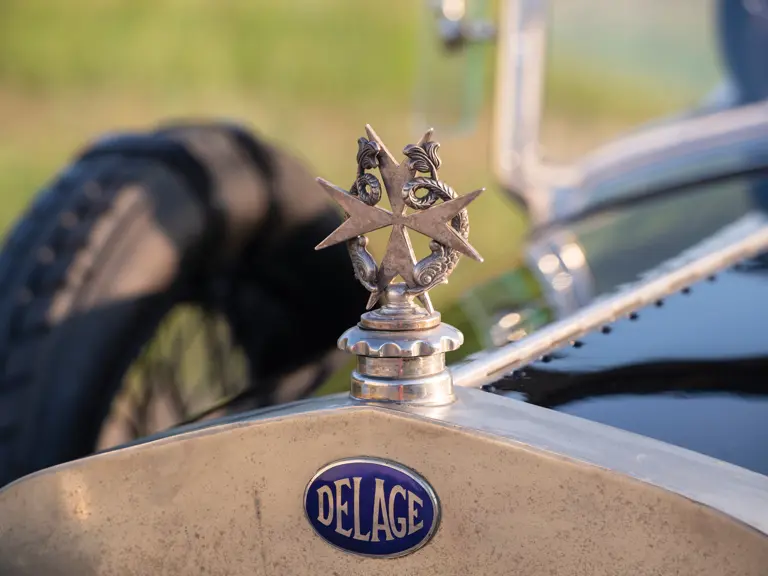
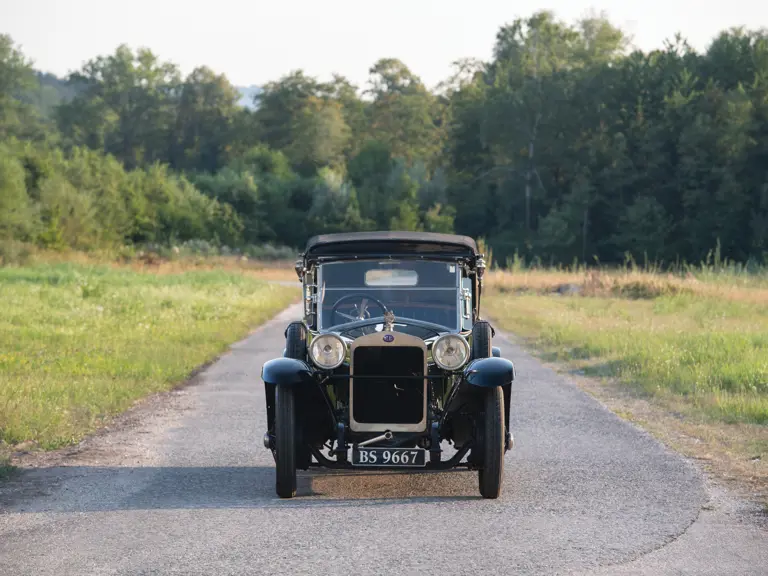
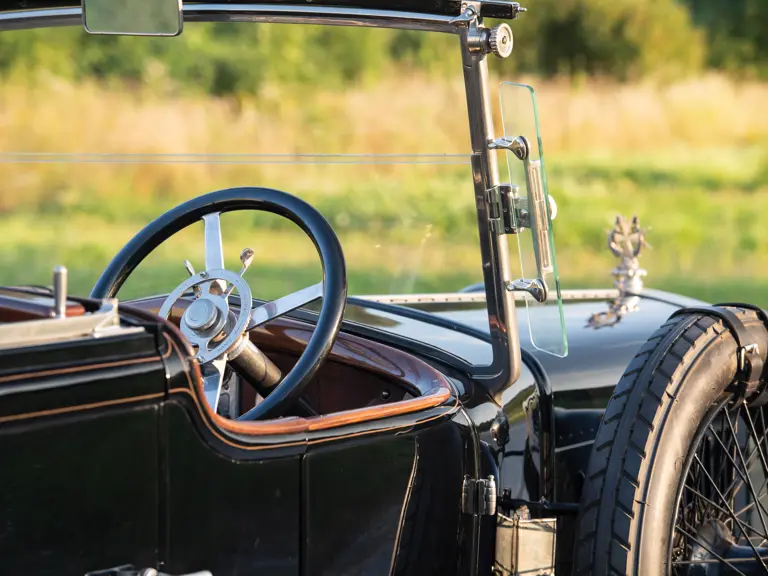

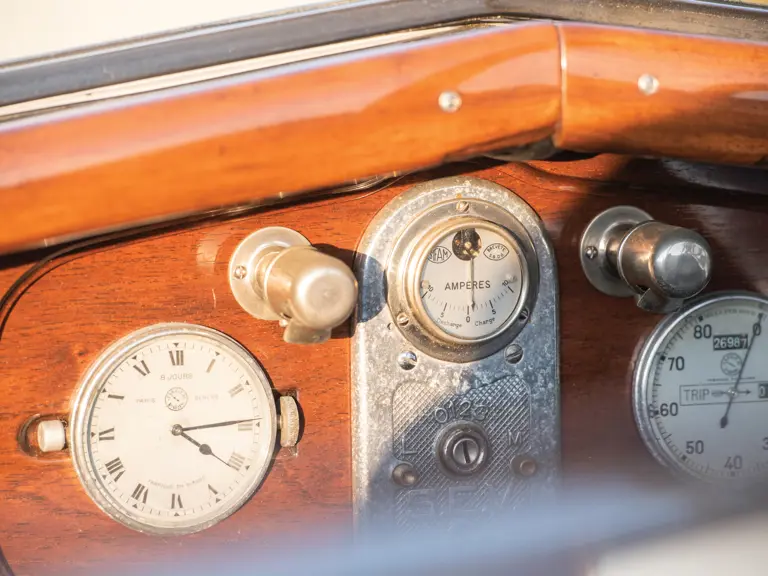
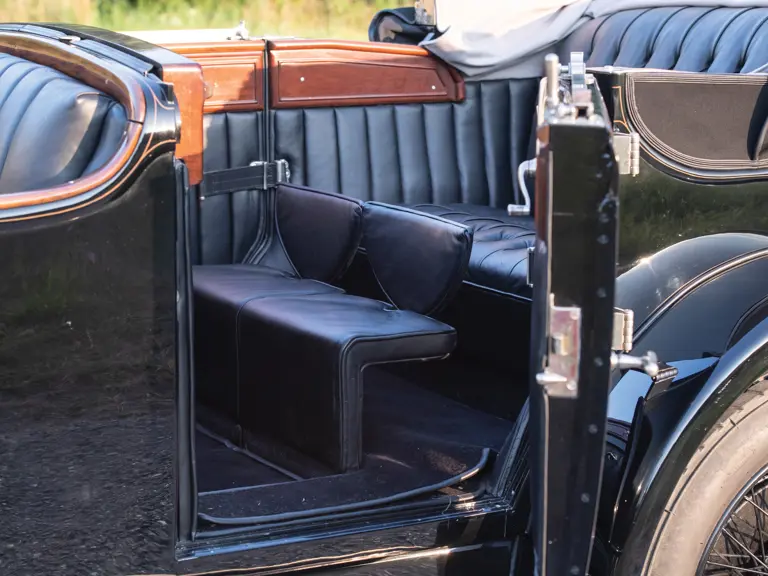
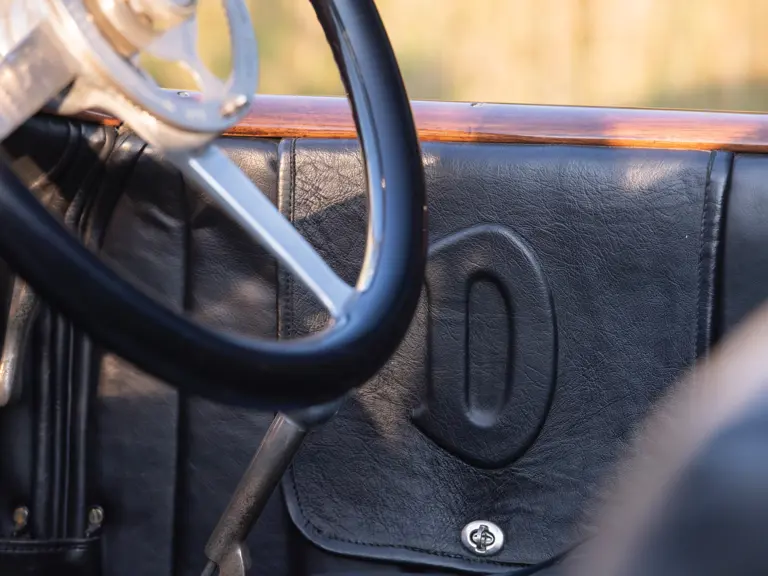
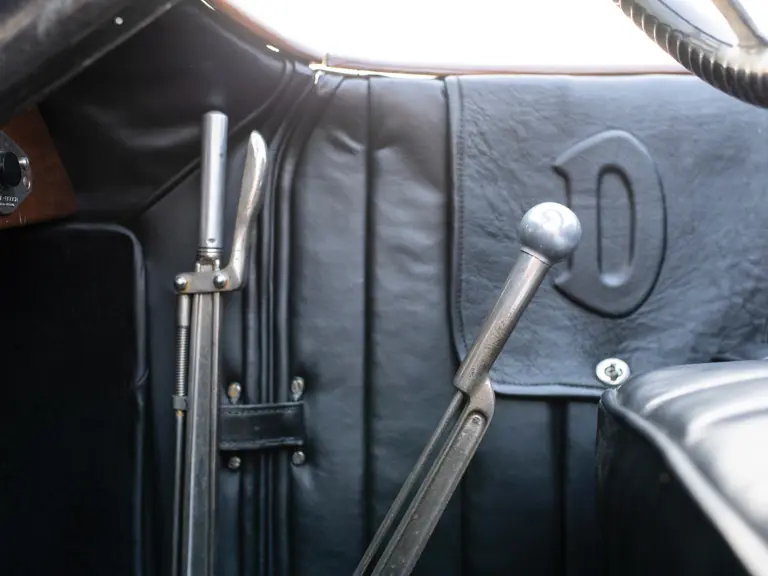
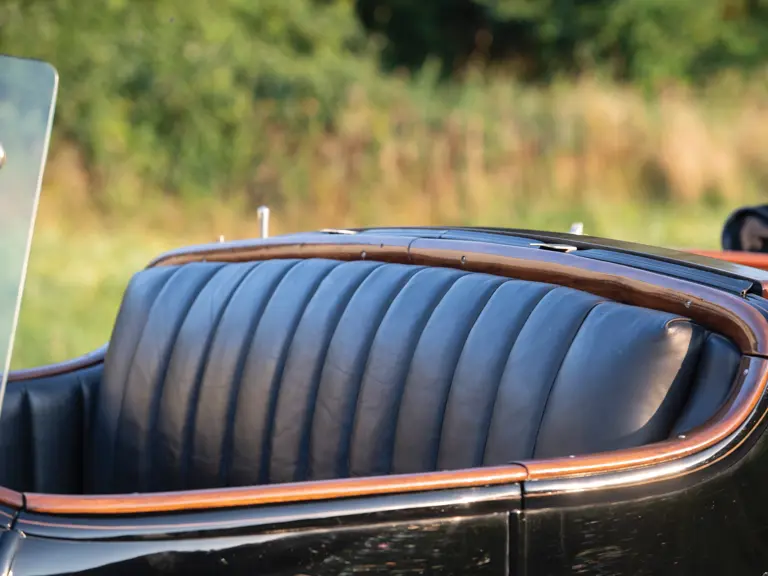
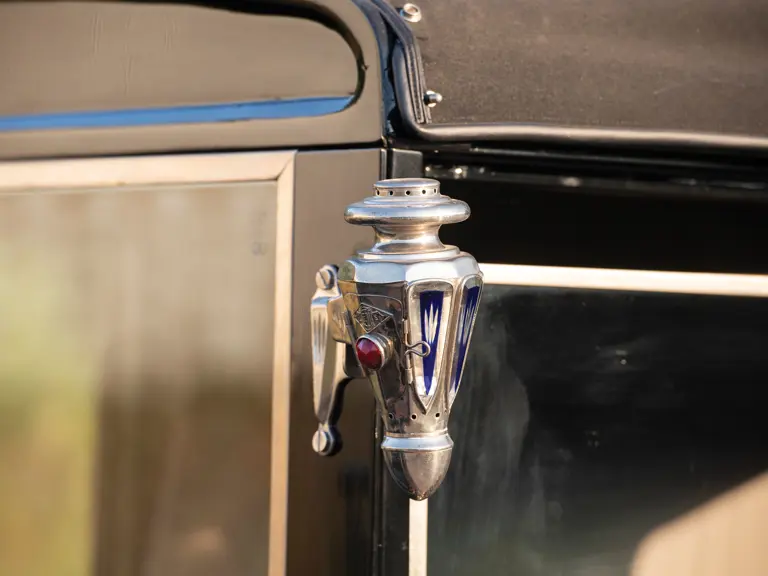
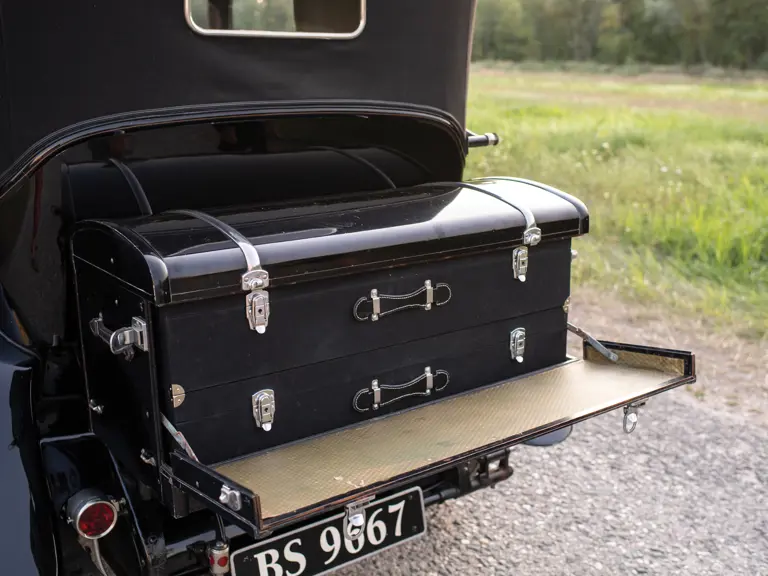
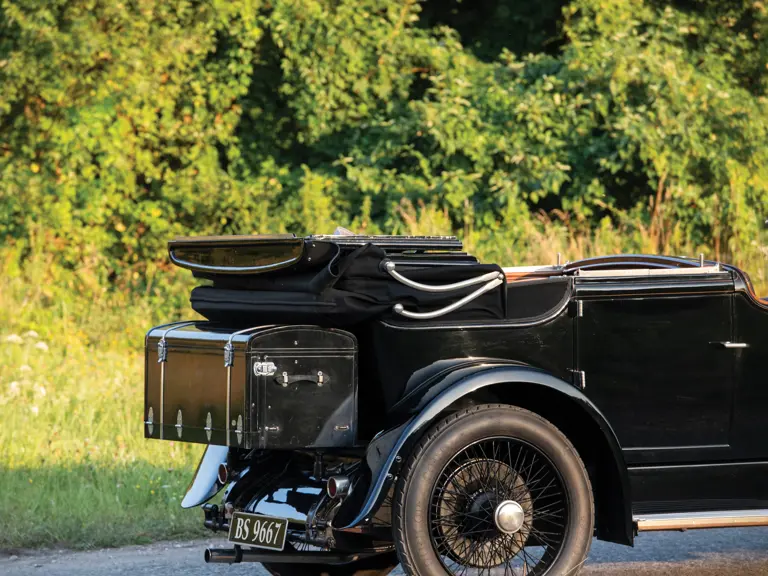
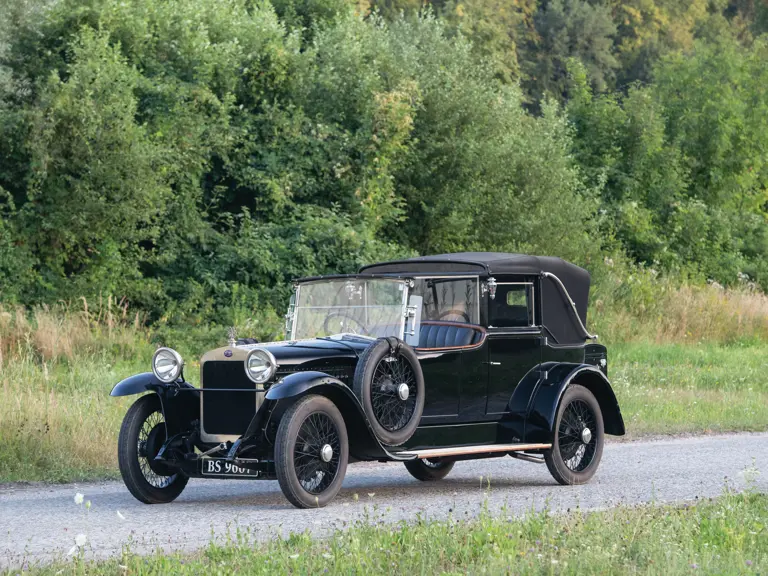
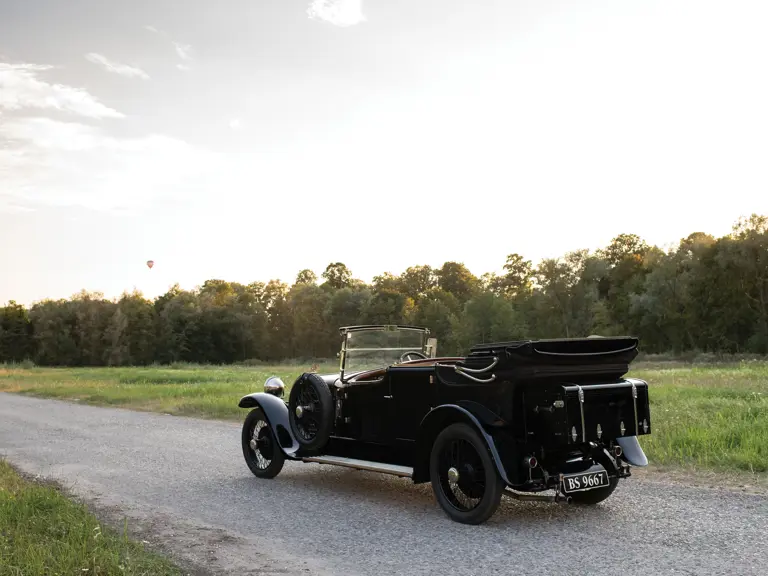
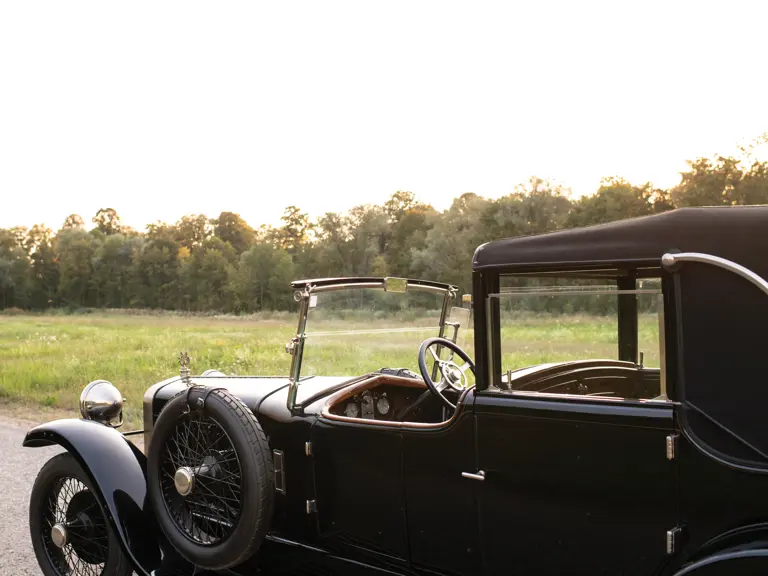
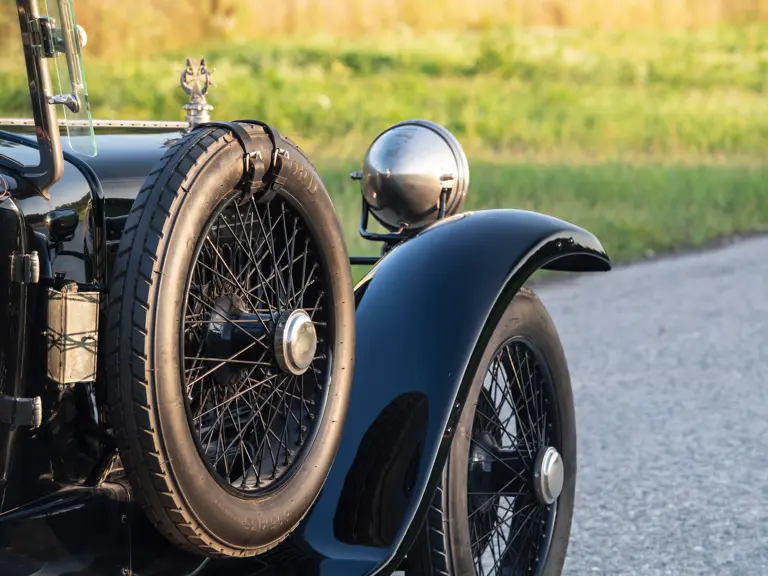
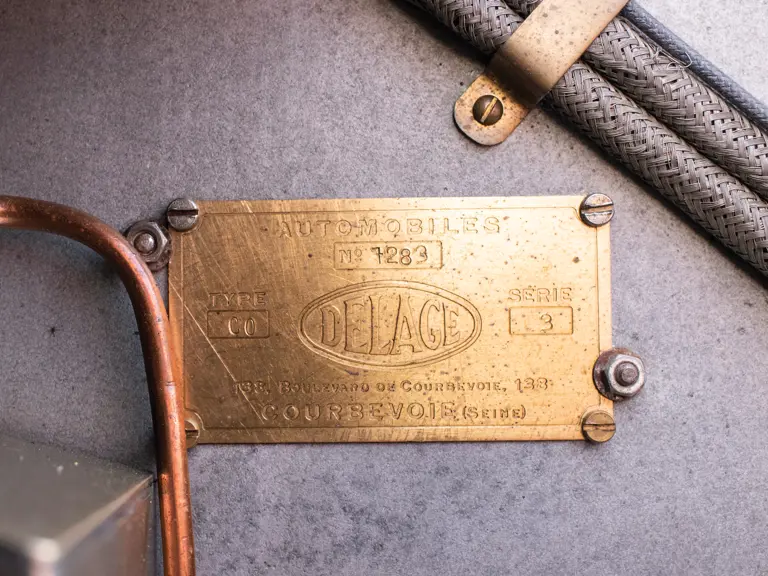
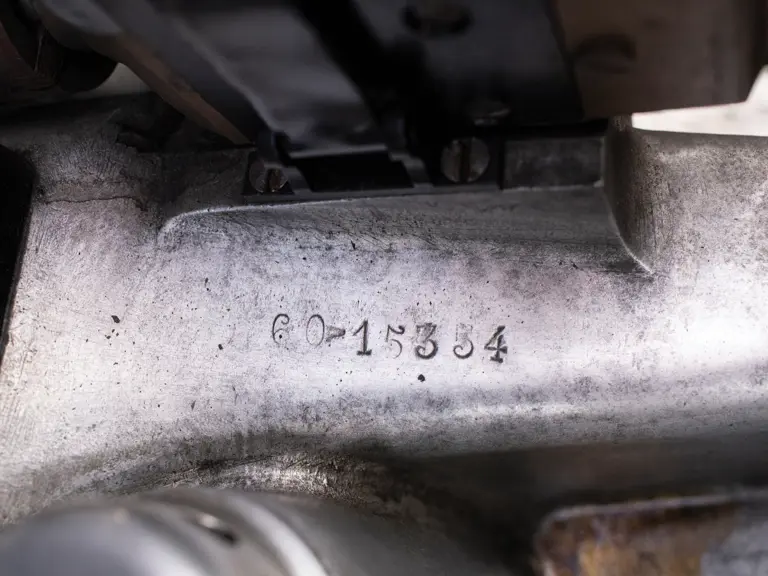

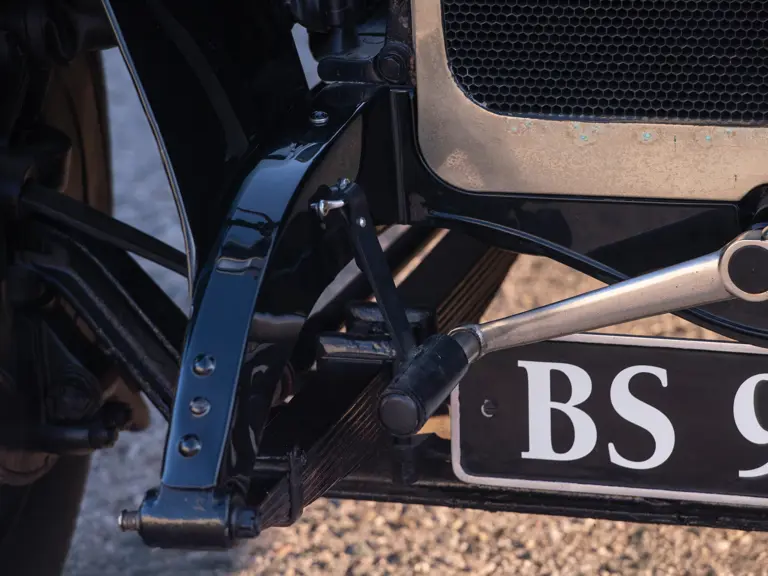
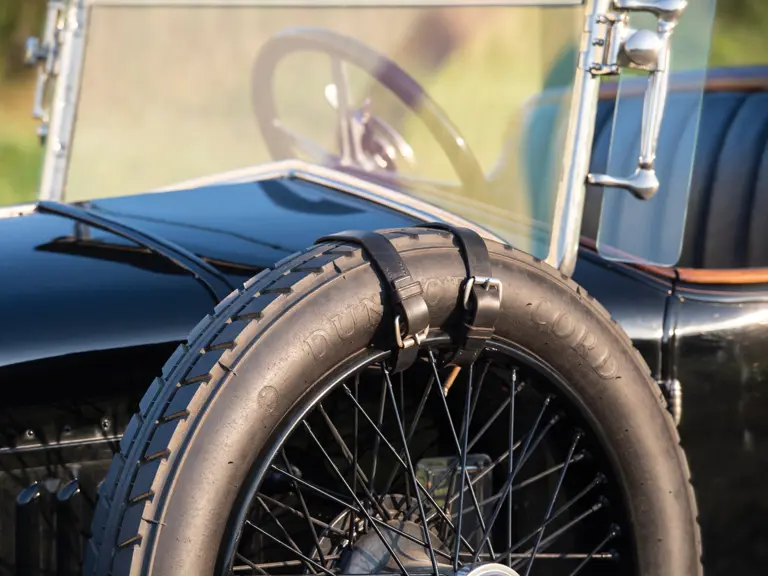
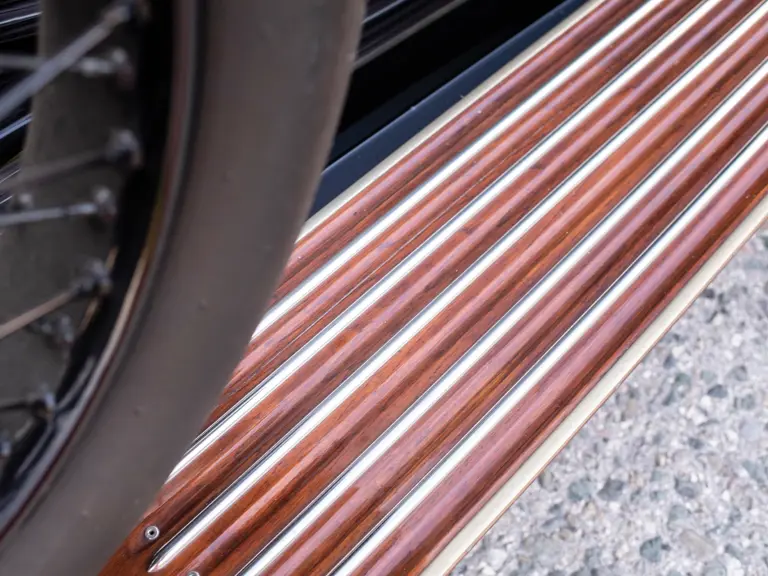
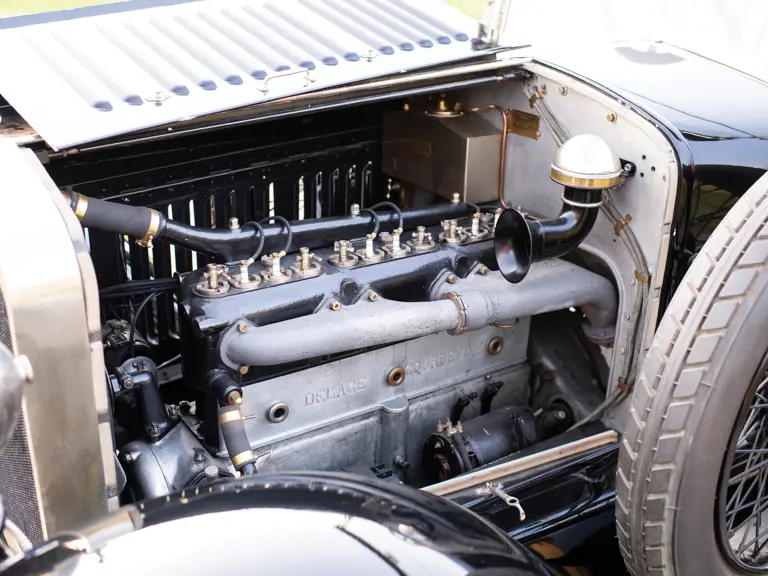
 | London, United Kingdom
| London, United Kingdom
